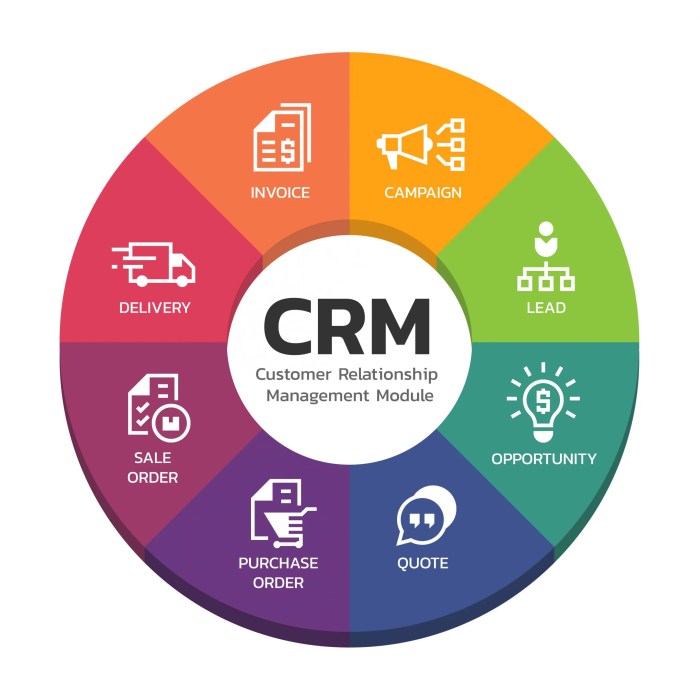Mobile CRM Software
Empowering Businesses On-the-Go: Exploring the World of Mobile CRM Software
In today’s dynamic business landscape, staying connected and responsive is key to success. With the proliferation of mobile technology, businesses are increasingly turning to Mobile CRM (Customer Relationship Management) software to streamline operations, enhance customer interactions, and drive growth. In this comprehensive guide, we’ll delve into the world of Mobile CRM software, exploring its features, benefits, best practices, and how it’s reshaping the way businesses engage with customers on-the-go.
Understanding Mobile CRM Software
Mobile CRM software is a specialized application designed to provide users with access to CRM functionalities on mobile devices such as smartphones and tablets. It extends the capabilities of traditional CRM systems by enabling users to manage customer relationships, track sales activities, and access critical business information anytime, anywhere.
Key Features of Mobile CRM Software
1. Accessibility and Flexibility:
One of the primary advantages of Mobile CRM software is its accessibility. Users can access the CRM system from their mobile devices, allowing them to stay connected and productive whether they’re in the office, on the road, or working remotely. This flexibility enables real-time collaboration and decision-making, enhancing productivity and responsiveness.
2. Contact and Lead Management:
Mobile CRM software allows users to manage contacts, leads, and opportunities on-the-go. With features such as contact synchronization, lead capture, and pipeline management, users can stay organized and keep track of important interactions and follow-ups, ensuring that no opportunity falls through the cracks.
3. Sales and Activity Tracking:
Sales representatives can update sales activities, log calls, schedule appointments, and track opportunities directly from their mobile devices. Mobile CRM software provides real-time visibility into sales pipelines, allowing users to monitor progress, identify bottlenecks, and take timely action to move deals forward.
4. Customer Engagement and Communication:
Mobile CRM software facilitates seamless communication with customers through integrated email, phone, and messaging functionalities. Users can send personalized emails, make calls, and respond to customer inquiries directly from the CRM app, fostering stronger relationships and enhancing customer satisfaction.
5. Offline Access and Data Synchronization:
To address connectivity challenges, many Mobile CRM applications offer offline access and data synchronization capabilities. Users can access critical information even when they’re offline, such as during flights or in areas with limited connectivity. Once connectivity is restored, the app automatically syncs data with the central CRM system, ensuring data integrity and continuity.
Benefits of Mobile CRM Software
1. Increased Productivity and Efficiency:
Mobile CRM software empowers users to manage tasks, update records, and collaborate with team members in real-time, leading to increased productivity and efficiency. By eliminating the need to wait until they’re back in the office to update information, users can seize opportunities and resolve issues faster, driving business growth.
2. Enhanced Customer Engagement:
With Mobile CRM software, sales and support teams can deliver personalized and timely interactions with customers, regardless of their location. By responding quickly to inquiries, providing relevant information, and addressing customer needs on-the-go, businesses can enhance customer satisfaction and loyalty.
3. Improved Sales Performance:
Mobile CRM software provides sales representatives with instant access to customer data, sales collateral, and deal information, empowering them to close deals faster and drive revenue growth. By having critical information at their fingertips during client meetings or sales calls, representatives can deliver compelling pitches and overcome objections more effectively.
4. Real-Time Insights and Analytics:
Mobile CRM software enables users to access real-time insights and analytics dashboards from anywhere, helping them make data-driven decisions on the fly. By monitoring key metrics such as sales performance, customer engagement, and pipeline health, businesses can identify trends, forecast accurately, and adjust strategies as needed to stay competitive.
5. Seamless Integration with Existing Systems:
Leading Mobile CRM solutions offer seamless integration with existing CRM systems, email platforms, calendar apps, and third-party tools. This integration ensures data consistency and eliminates silos, allowing information to flow freely between systems and enabling cross-functional collaboration.
Best Practices for Implementing Mobile CRM Software
1. Define Clear Objectives and Use Cases:
Before implementing Mobile CRM software, businesses should define clear objectives, identify use cases, and align the initiative with their overall CRM strategy. Whether it’s improving sales performance, enhancing customer service, or increasing user adoption, having a clear roadmap ensures that the implementation meets business needs and delivers measurable results.
2. Choose the Right Mobile CRM Solution:
When selecting a Mobile CRM solution, businesses should consider factors such as ease of use, scalability, security, and integration capabilities. It’s essential to choose a solution that aligns with the organization’s requirements and can adapt to future growth and technological advancements.
3. Provide Comprehensive Training and Support:
User adoption is critical to the success of Mobile CRM implementation. Businesses should provide comprehensive training and ongoing support to users, ensuring that they understand how to leverage the features and functionalities of the app effectively. Training sessions, user guides, and hands-on workshops can help users overcome any challenges and maximize the value of the Mobile CRM software.
4. Monitor Performance and Iterate:
After deploying Mobile CRM software, businesses should continuously monitor performance, gather user feedback, and measure key metrics to assess the impact of the solution. By analyzing usage data and soliciting input from stakeholders, businesses can identify areas for improvement, implement enhancements, and iterate on processes to ensure ongoing success.
Conclusion
In conclusion, Mobile CRM software is revolutionizing the way businesses engage with customers, collaborate internally, and drive growth in today’s fast-paced digital environment. By empowering users with anytime, anywhere access to critical CRM functionalities, businesses can enhance productivity, improve customer relationships, and stay ahead of the competition. Whether you’re a small startup or a multinational corporation, embracing Mobile CRM software can unlock new opportunities and propel your business to new heights of success.
